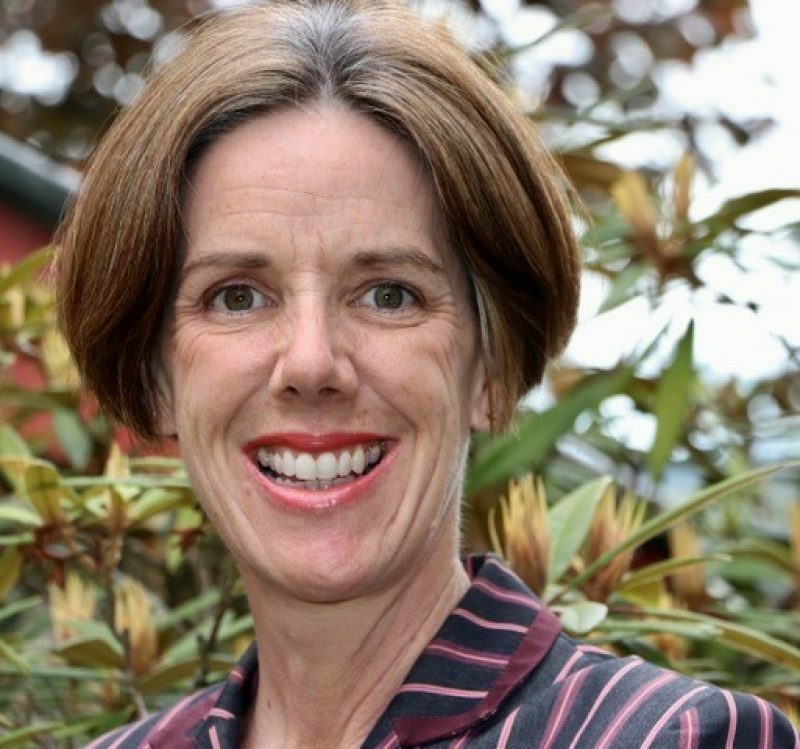
Shining a light into dark places
Self-harm in Aoteroa New Zealand
Sadly, self-harm is a relatively common occurrence among young people in Aoteroa New Zealand, yet there are very few resources to help families support their young people who are struggling with self-harm. Cure Kids recently approved funding for a project that will develop resources to help parents, caregivers and whānau to respond to the needs of young people who self-harm.
Picking up the pieces after self-harm
Nobody likes talking about suicide. But it’s something we have to address. It’s a sad truth that self-harm is a relatively common occurrence among young people in New Zealand with between 25-50% reporting they have self-harmed.
To help families support young people struggling with self-harm, Cure Kids recently approved funding for a project that will develop resources to help parents, caregivers and whānau respond to the needs of young people who engage in self-harm.
The project will be led by Dr Sarah Fortune – a clinical psychologist from Auckland with over 20 years’ experience working on suicide prevention.
Seeking support close to home
At present, young people who self-harm are more likely to seek help from family and friends than from formal services.
Until now, there has been little research into the impact on loved ones and peers when young people self-harm, and seek their help. And there are very few quantitative, community-based studies of what family and caregivers actually need to support a young person who has engaged in self-harm.
Feeling unsure?
Despite their best intentions, many parents, caregivers and whānau are unsure how best to respond to self-harm incidents. Common and normal reactions can include anger, fear, sadness and frustration along with real caring and concern.
Of course, families want to do and say the right things – but often, they simply don’t have the resources, tools or support.
Meeting a need
Online resources currently available in Aotearoa New Zealand are variable in quality, and some contain advice which is out-of-date.
When young people do seek help from people they know and trust, it’s crucial that their parents, caregivers and whānau can easily access sources of good advice and information. So, developing evidence-based resources that work in Aotearoa New Zealand context is crucial.
What’s the plan?
Dr Fortune and her team will survey parents, caregivers and whānau of young people who have engaged in self-harm, using a secure online questionnaire.
Researchers will then individually interview a smaller sample of parents, whanau and caregivers, as well as young people and community representatives, to explore findings from the survey in more detail.
Finally, based on the findings, Dr Fortune’s research team will lead interactive community-based hui around Aotearoa New Zealand to co-design a set of resources which can be used to guide care for young people who self-harm.
The objective is to investigate the impact on parents, whanau and caregivers when young people self-harm and seek their help.
Dr Fortune will ask parents, whanau and caregivers how they have thought about and interpreted their experiences, what factors have influenced their responses, and how they have reacted to and managed these circumstances.
The research will learn from real experiences to identify which actions, information and advice were most helpful, and to co-create resources that maximise the capacity of parents, caregivers and whānau to respond to the needs of young people who self-harm.
The researchers aim to learn from communities who are facing this challenge, and combine lived experience with the best available evidence from around the world. The process of co-design means that the resources will be specifically designed by, with, and for local communities, and could take any form – digital tools, physical materials, personal help, a novel format or a combination.
Cure Kids was established 50 years ago to transform the health and wellbeing of children in Aotearoa New Zealand. We are investing in this important work because it will deliver practical resources to meet an urgent need.
It’s all part of what we do at Cure Kids: enabling big research for little lives.

Help fund our big research.
Every bit helps.
